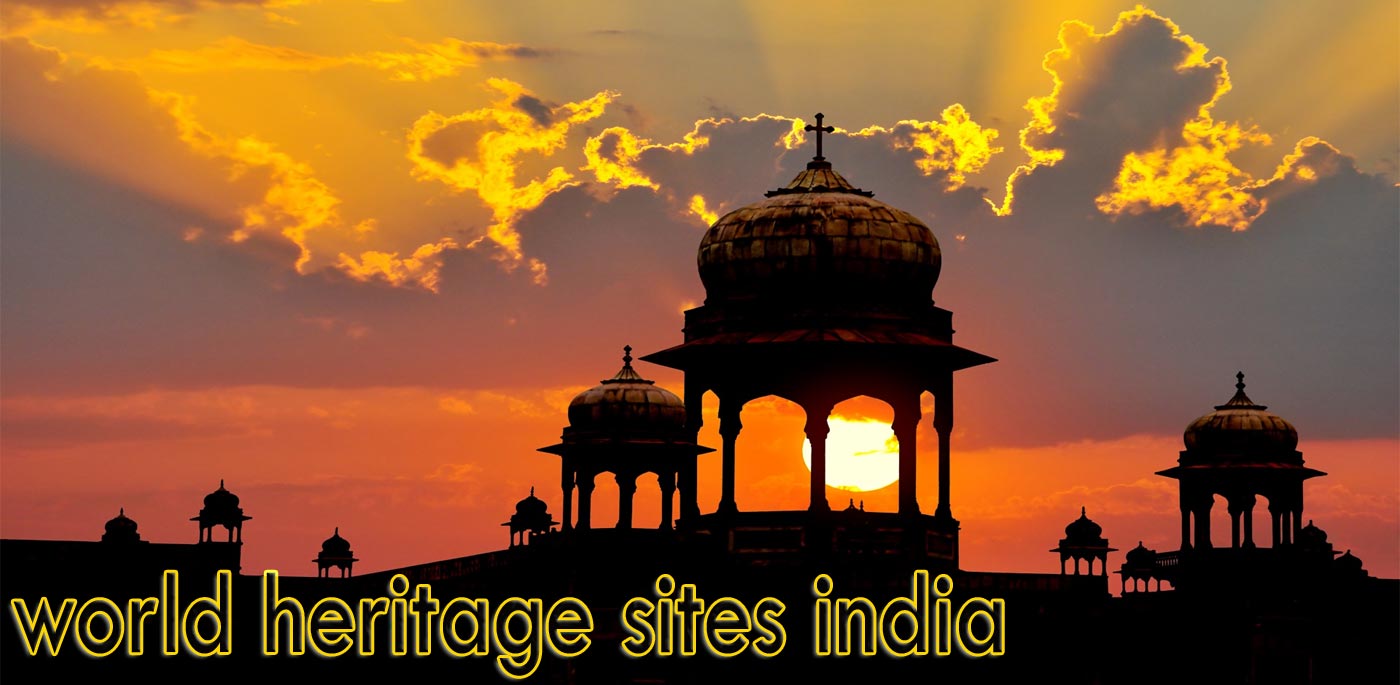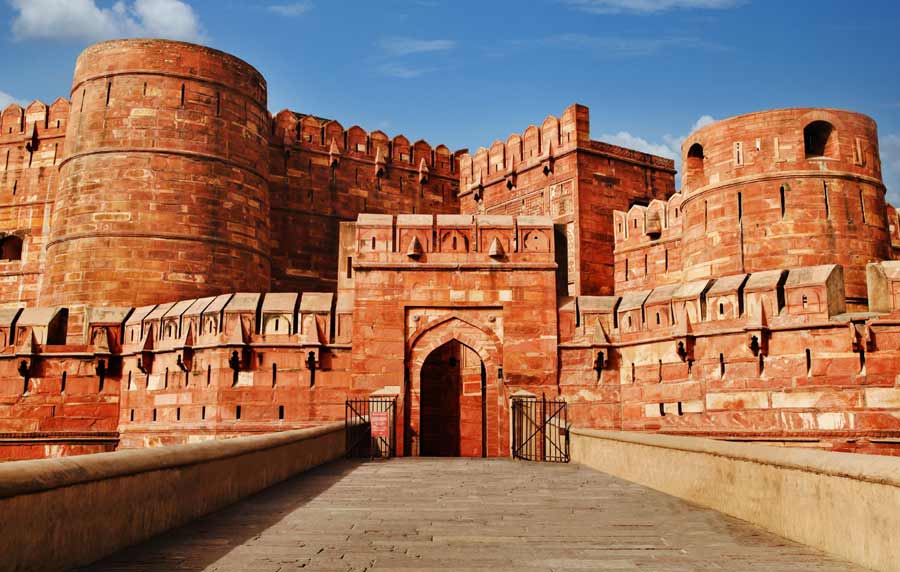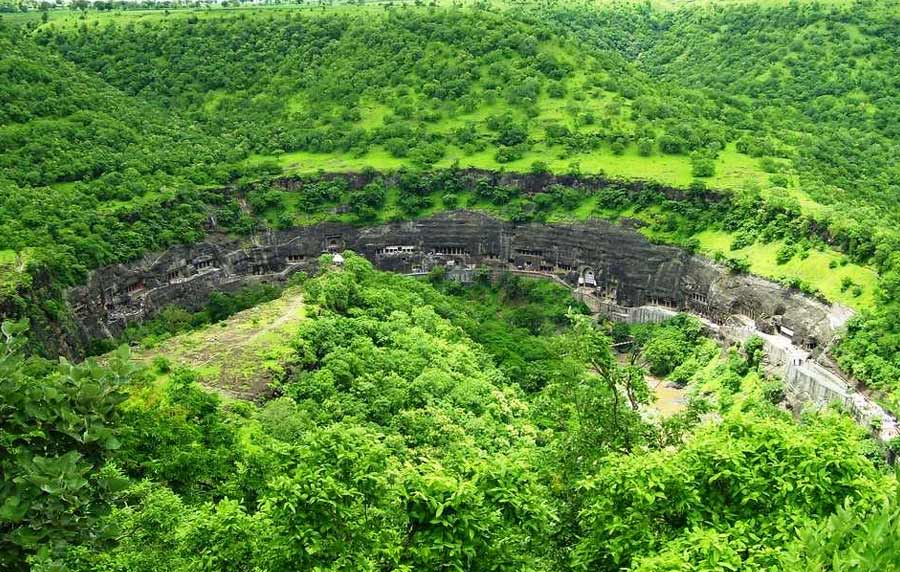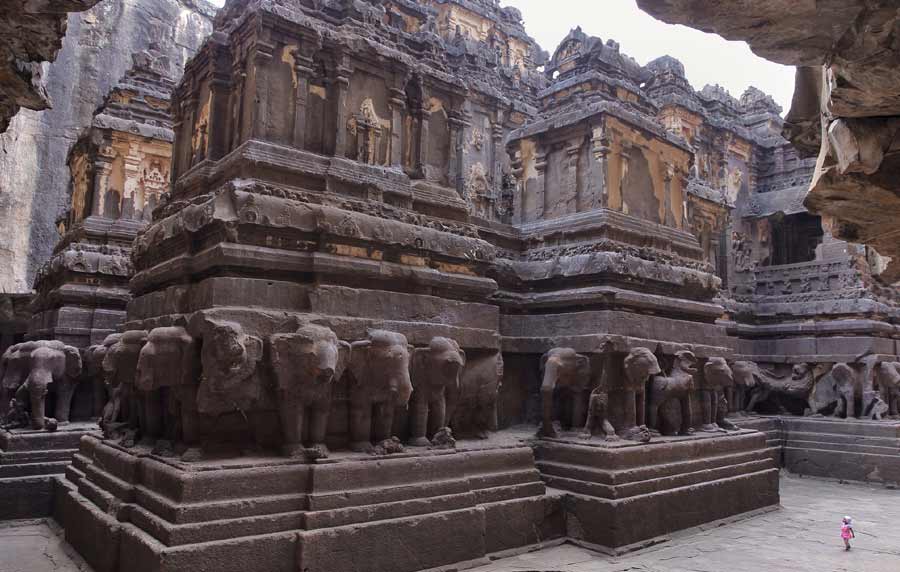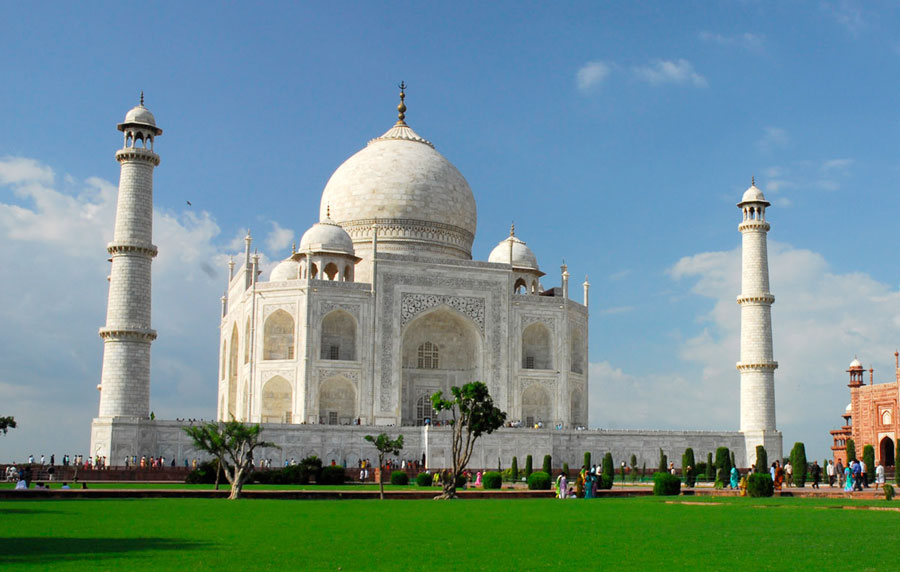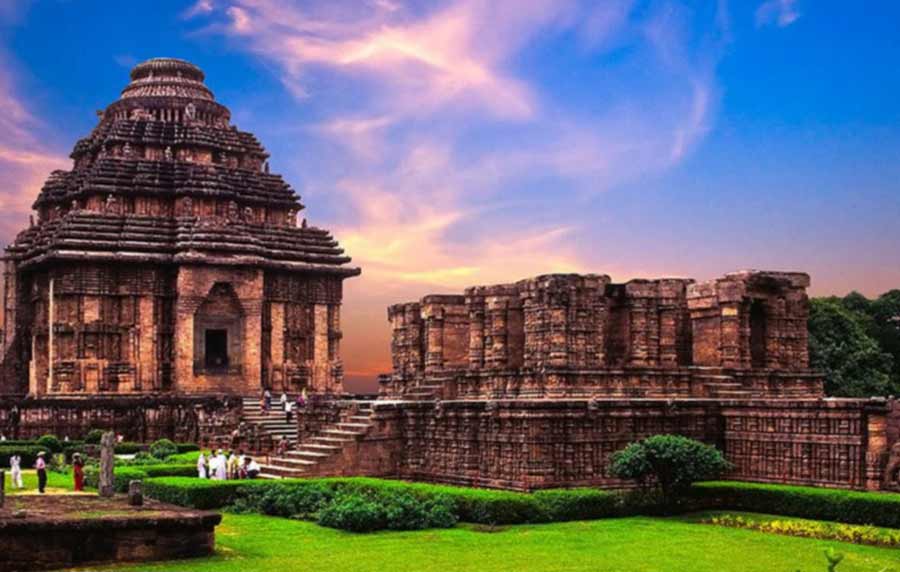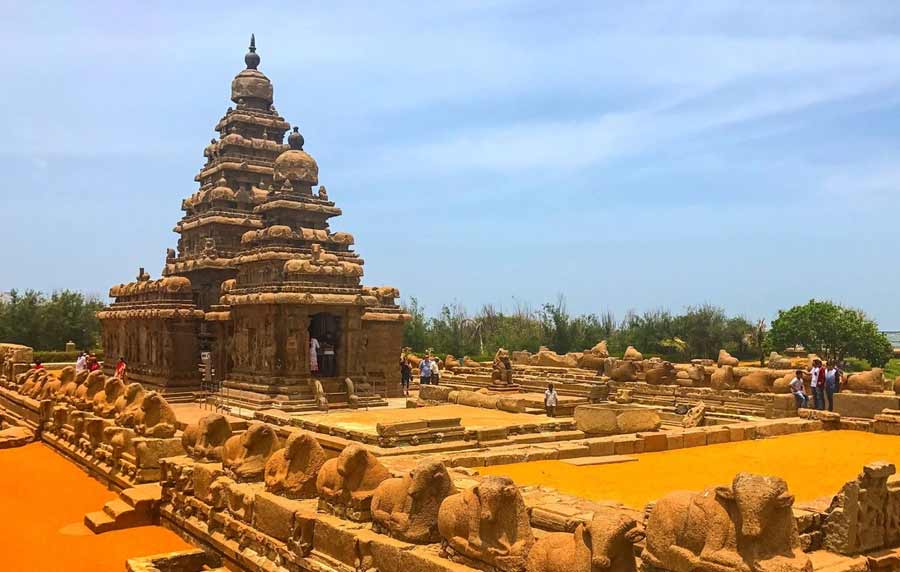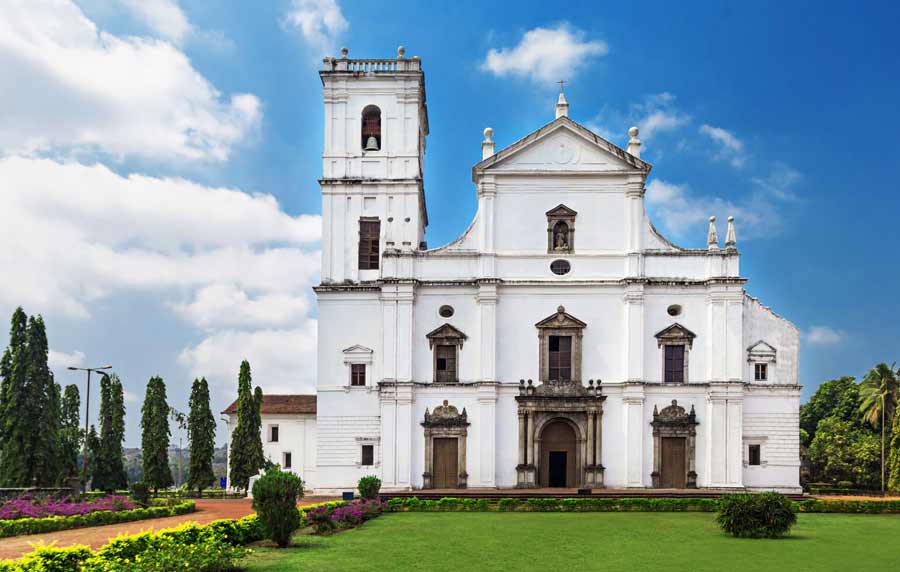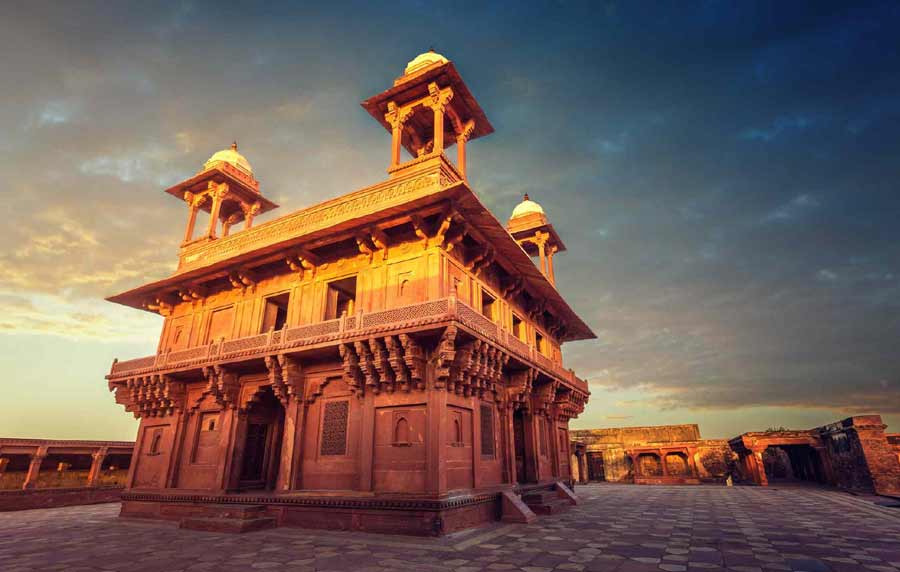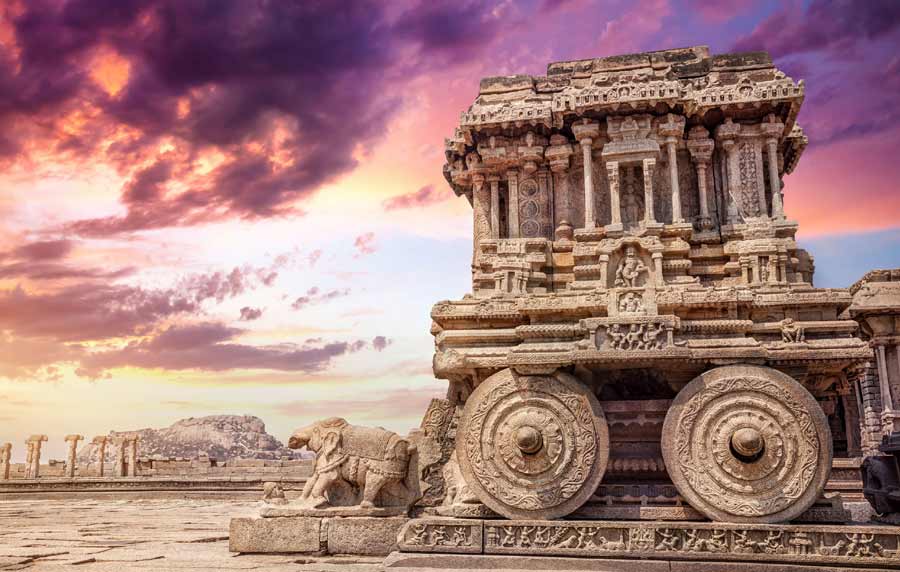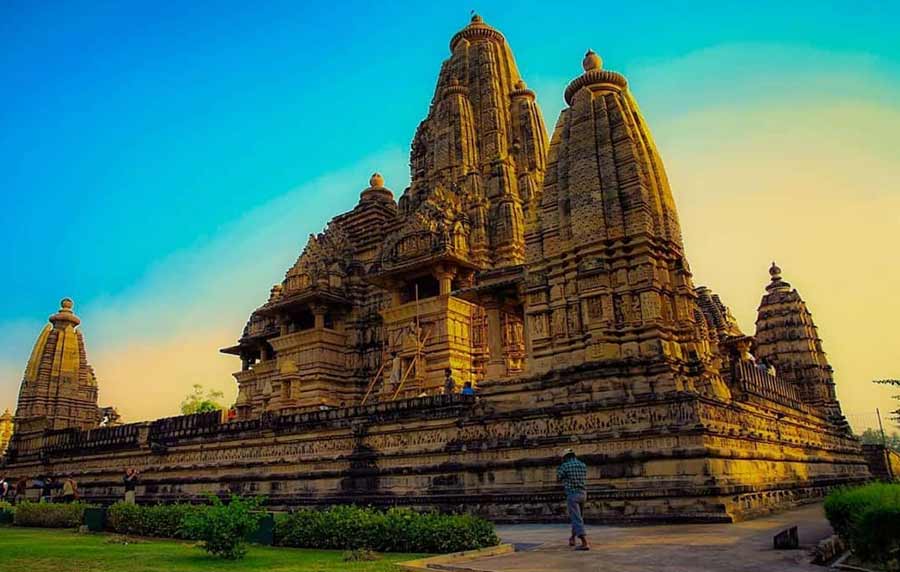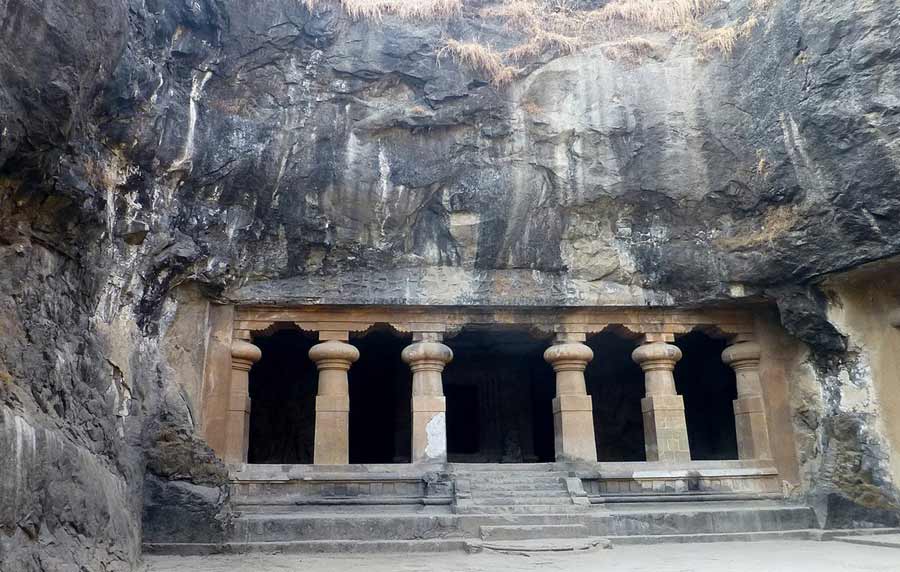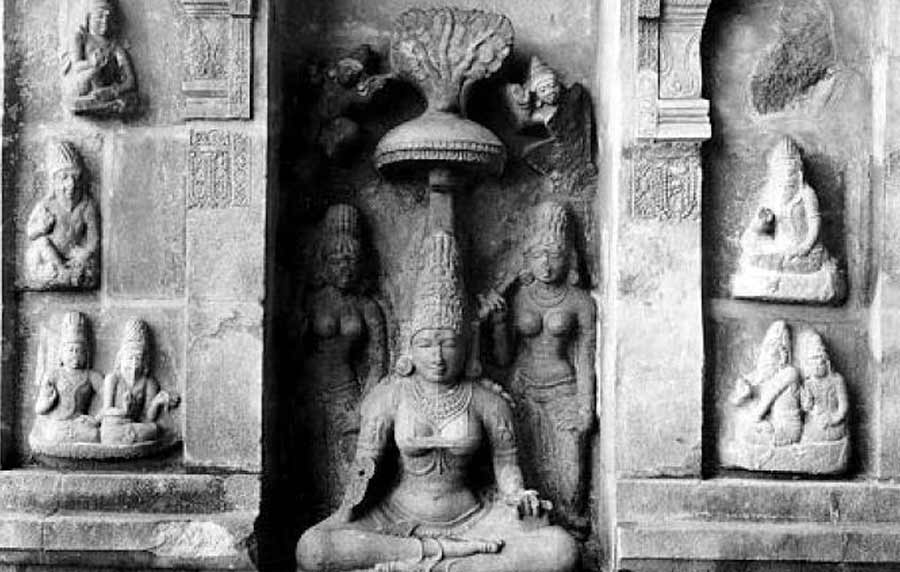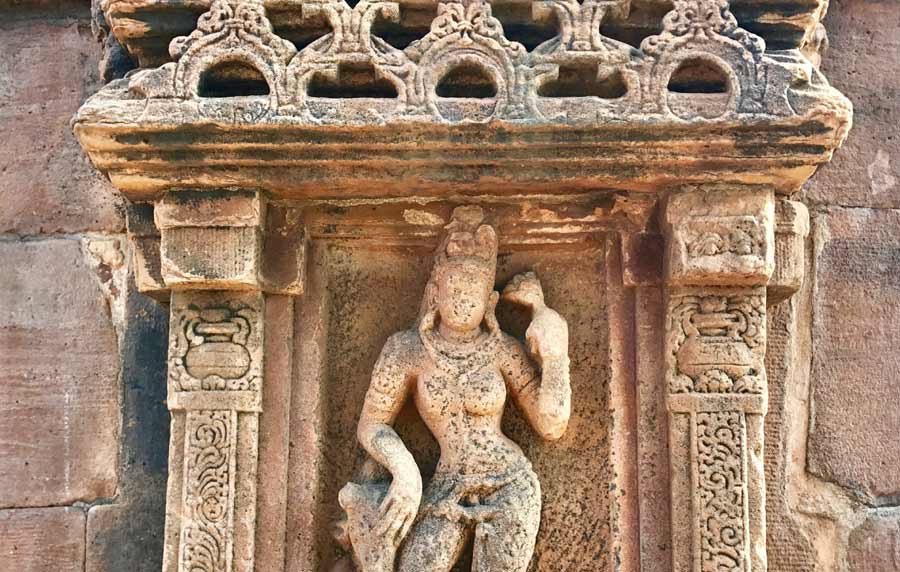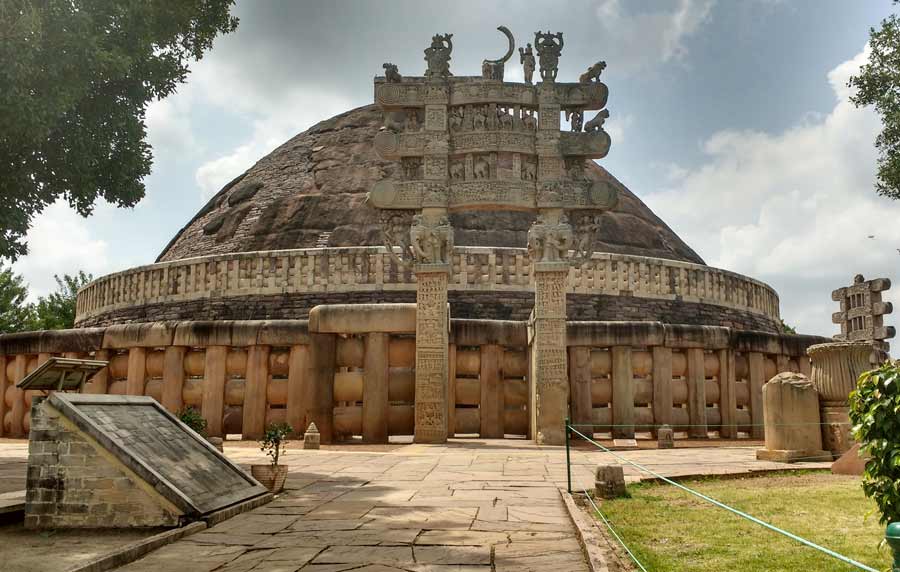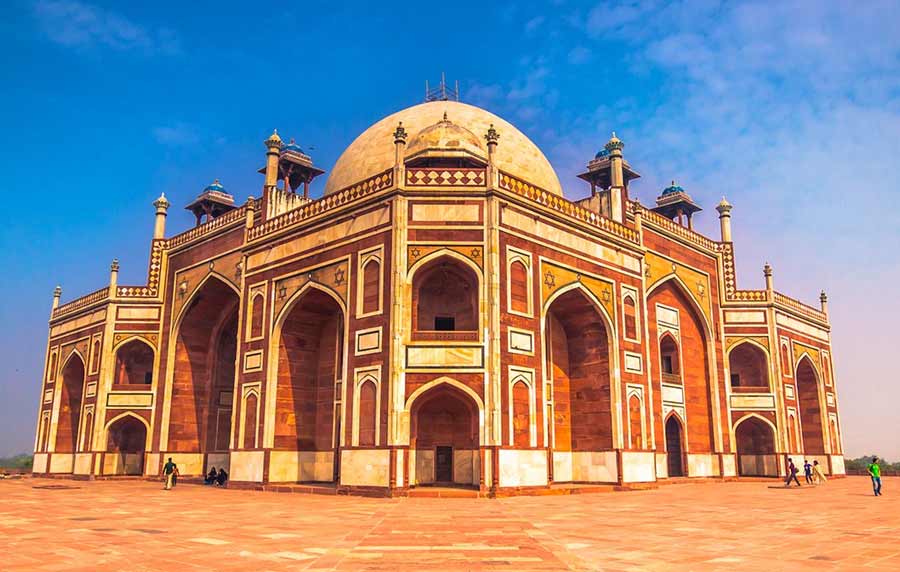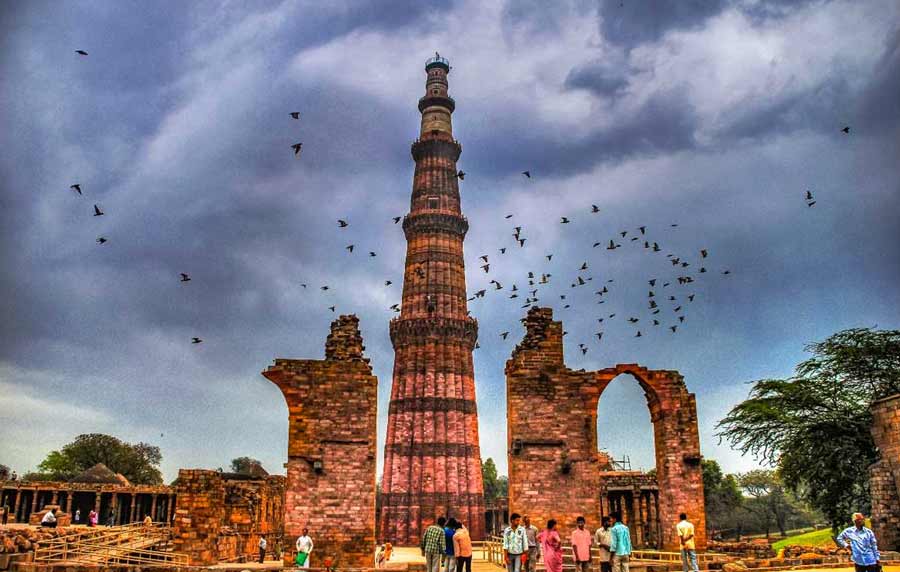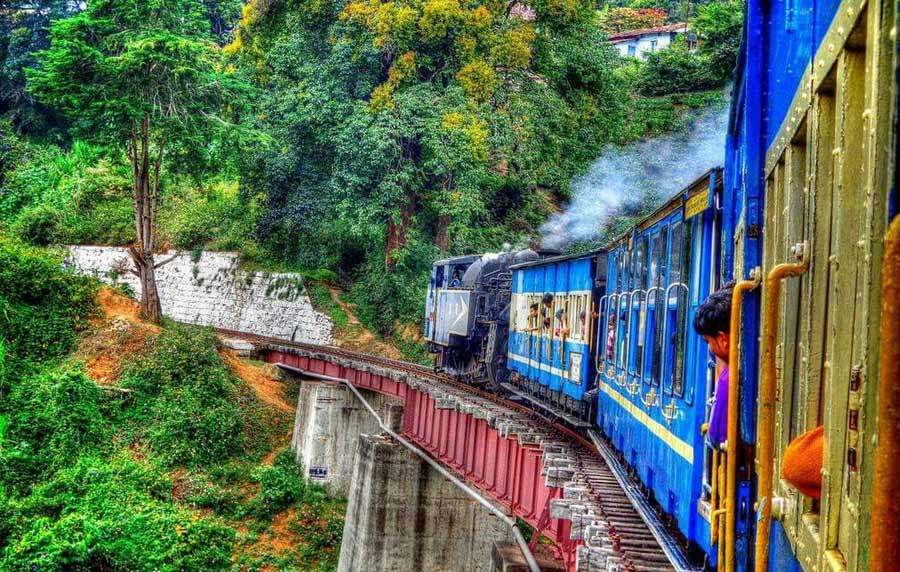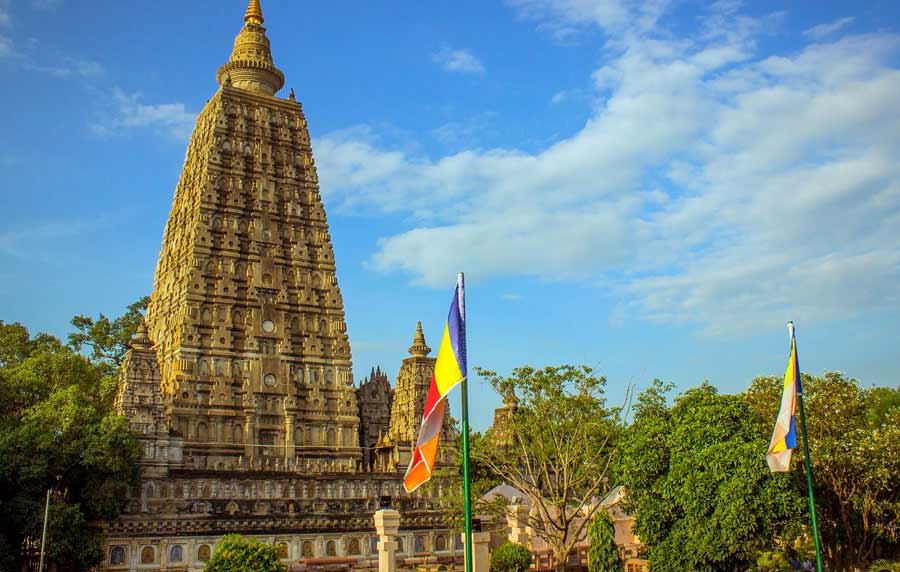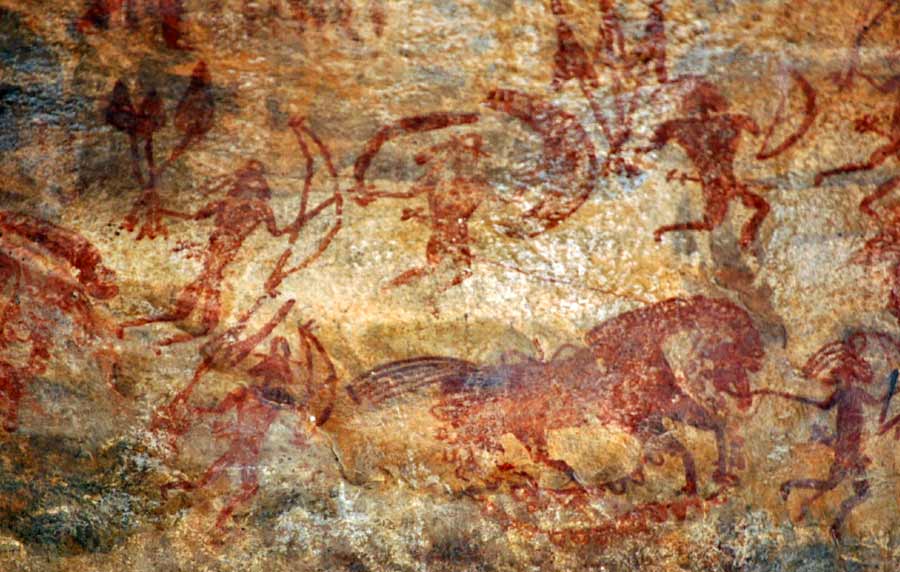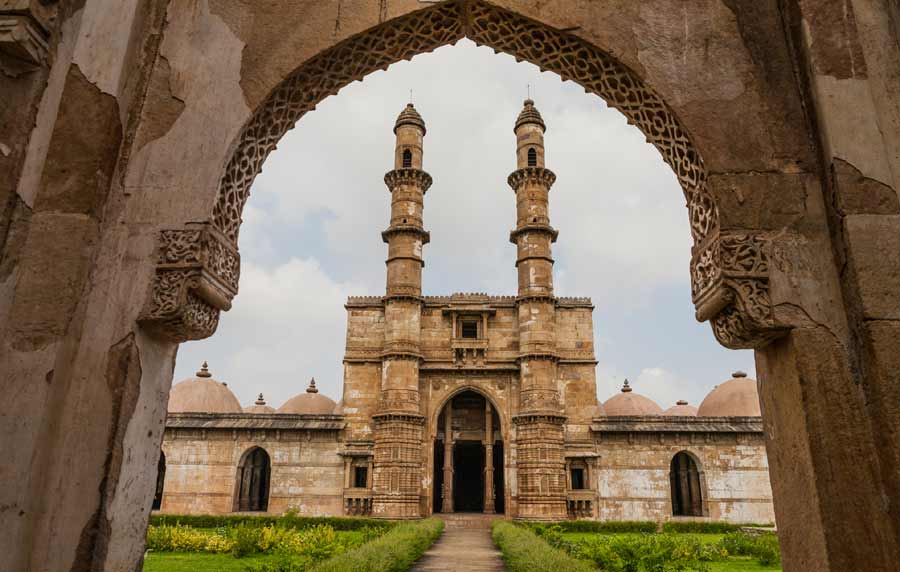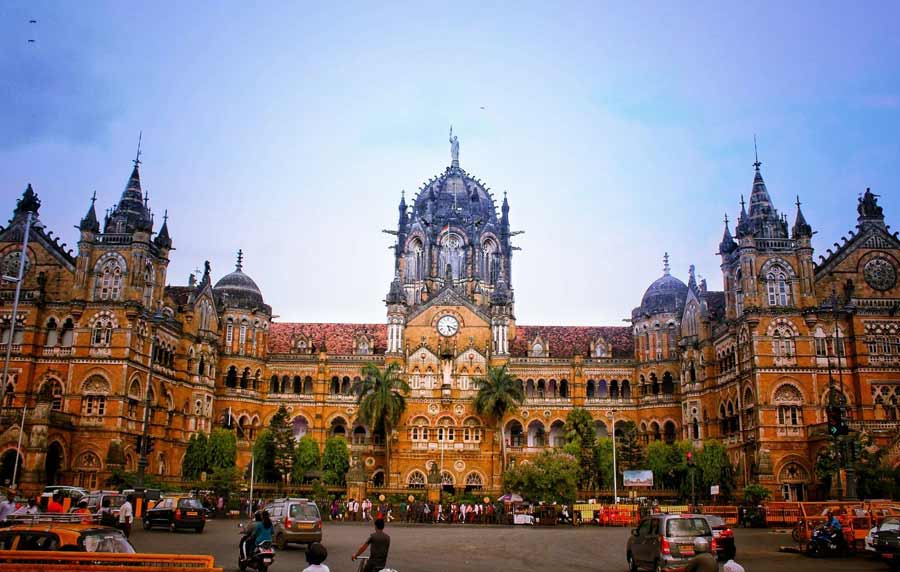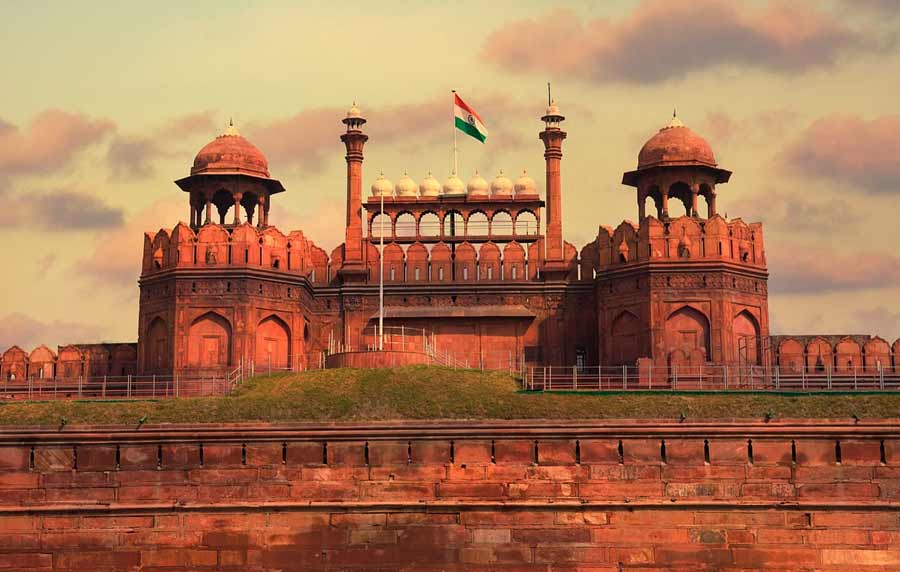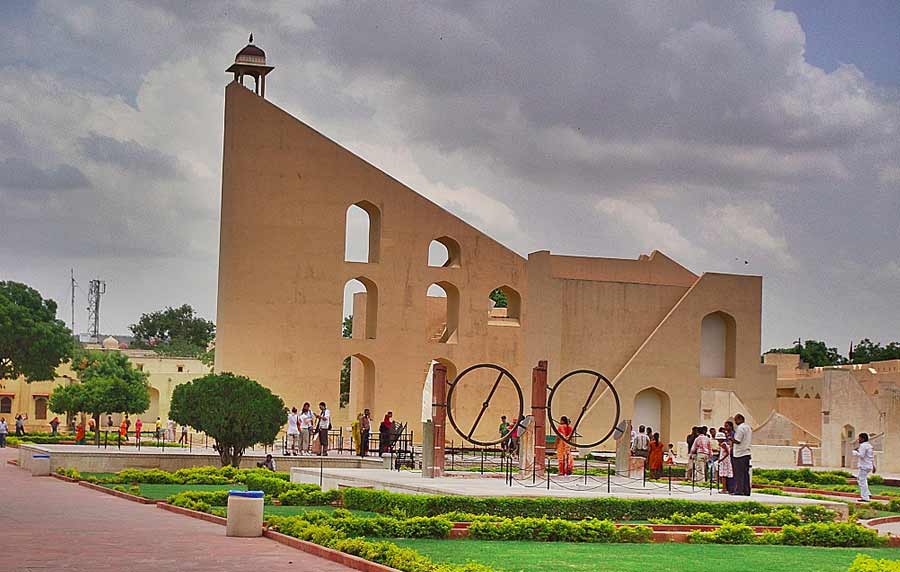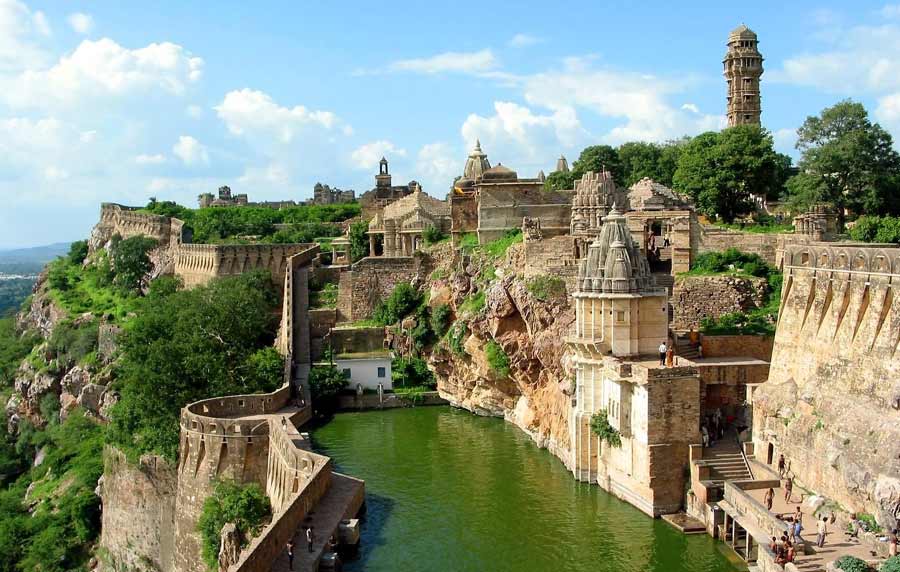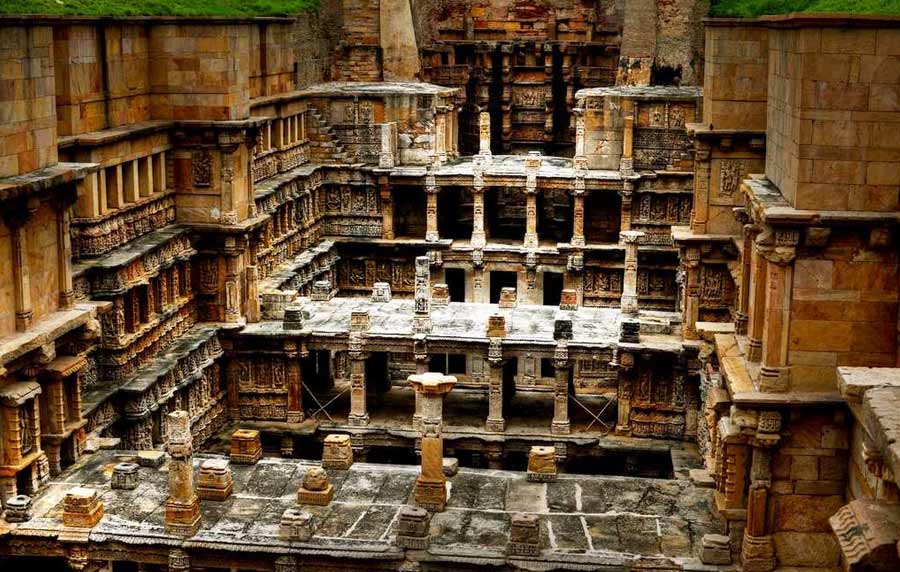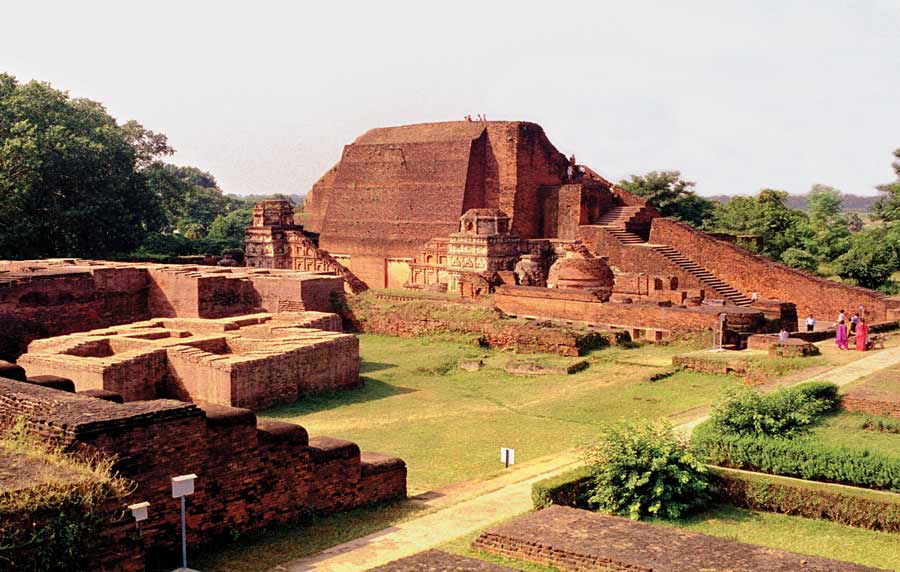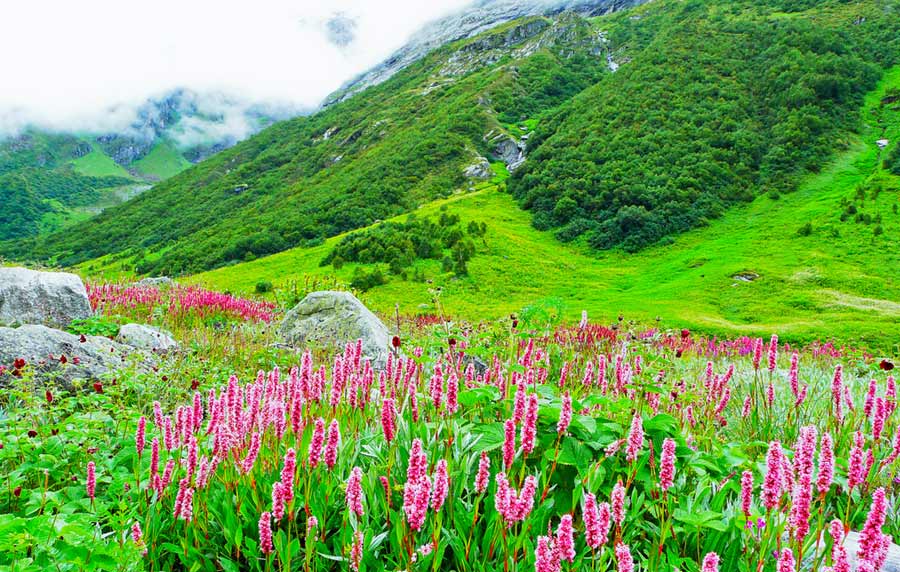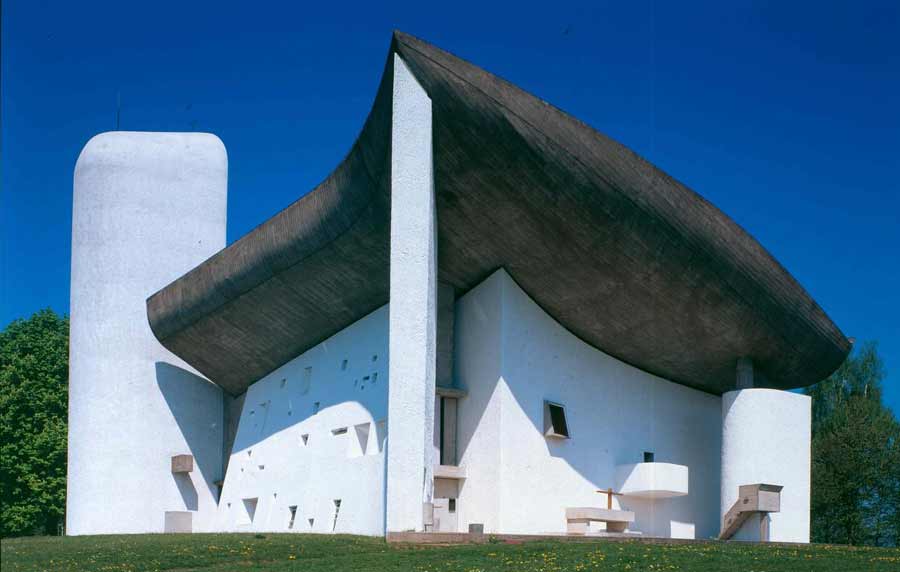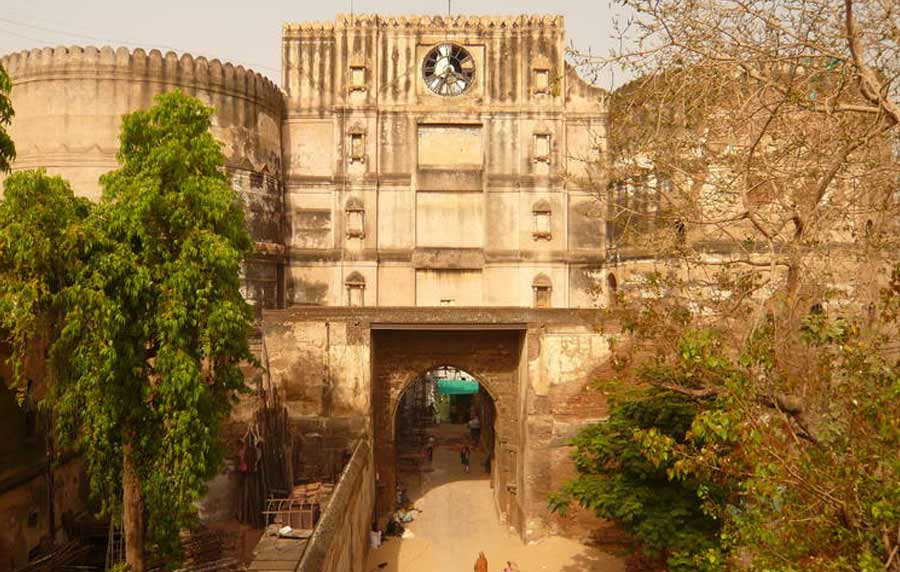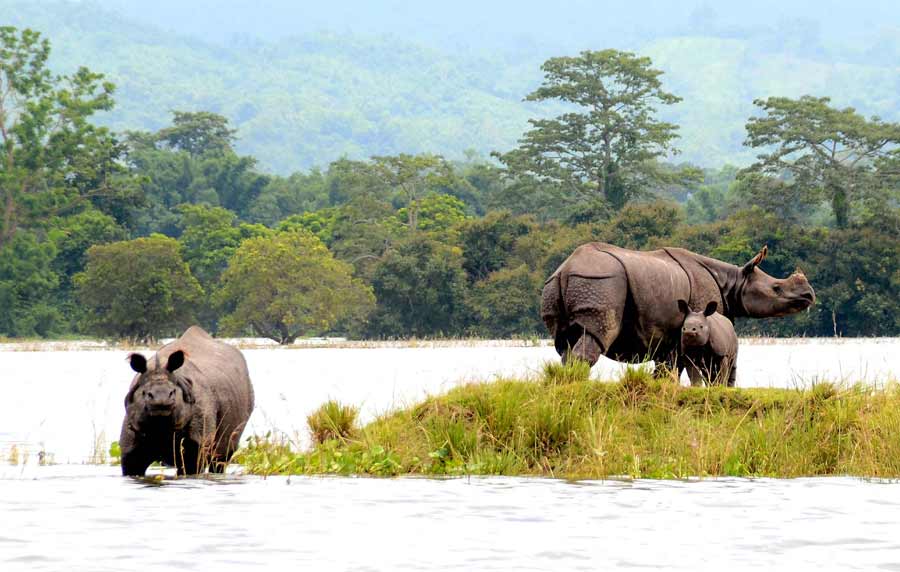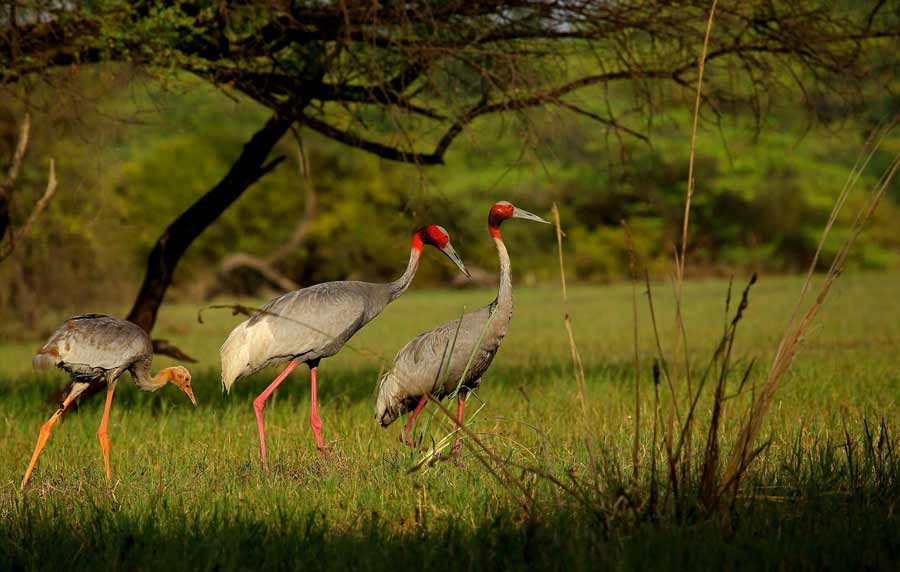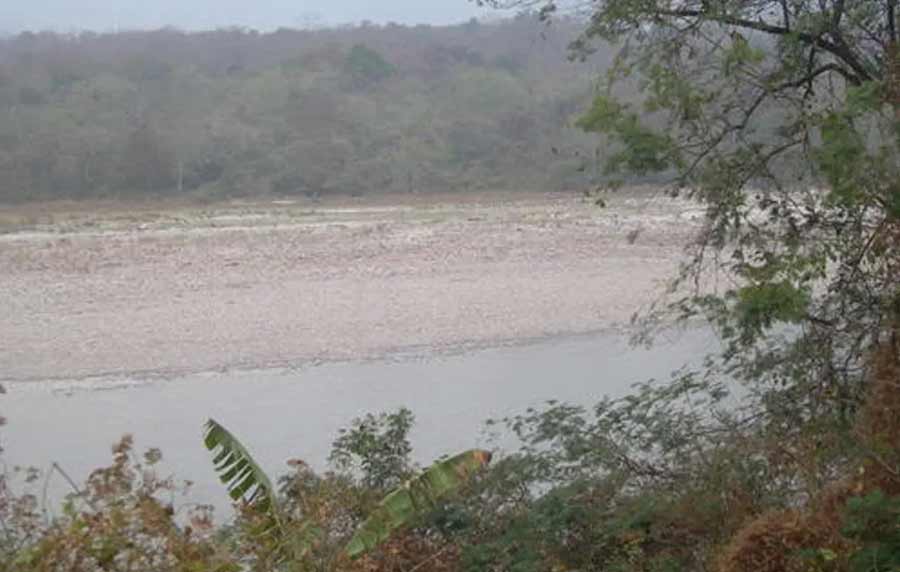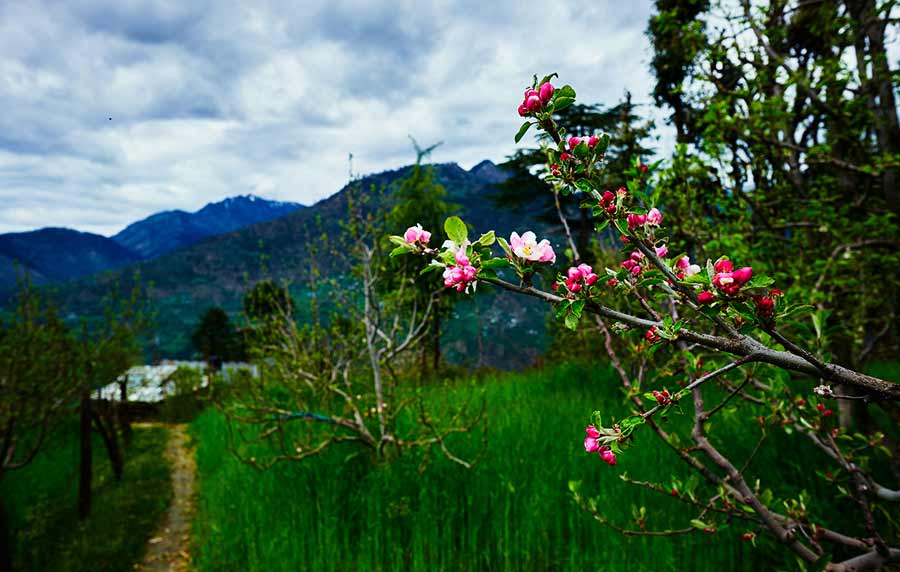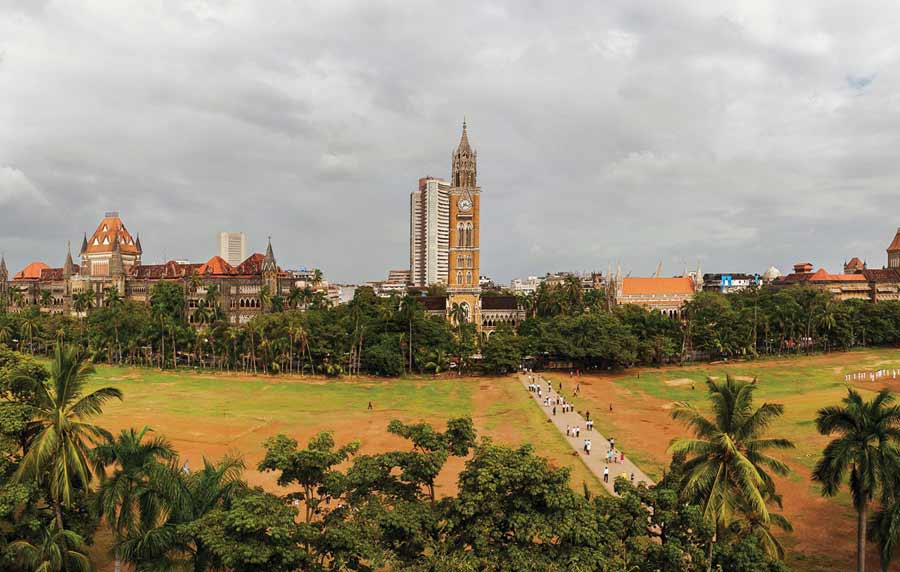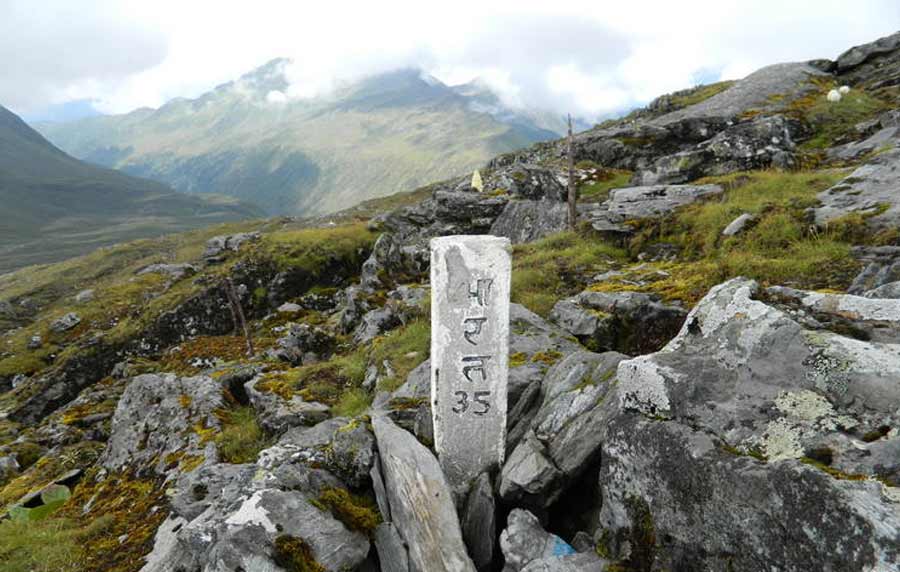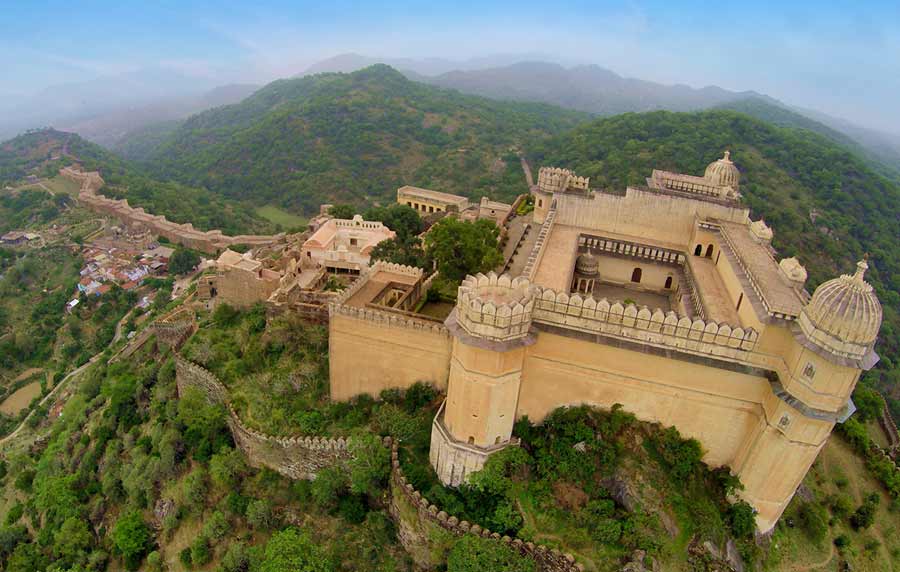Historic City of Ahmadabad
The Historic City of Ahmadabad or Old Ahmedabad, the walled city of Ahmedabad in India, was founded by Ahmad Shah I of Gujarat Sultanate in 1411. It remained the capital of the Gujarat Sultanate and later important political and commercial centre of Gujarat. Today, despite having become extremely crowded and dilapidated, it still serves as the symbolic heart of metropolitan Ahmedabad. It was inscribed as the World Heritage City by UNESCO in July 2017.
The walled city of Ahmadabad, founded by Sultan Ahmad Shah in the 15th century, on the eastern bank of the Sabarmati river, presents a rich architectural heritage from the sultanate period, notably the Bhadra citadel, the walls and gates of the Fort city and numerous mosques and tombs as well as important Hindu and Jain temples of later periods. The urban fabric is made up of densely-packed traditional houses (pols) in gated traditional streets (puras) with characteristic features such as bird feeders, public wells and religious institutions. The city continued to flourish as the capital of the State of Gujarat for six centuries, up to the present.
UNESCO World Heritage Sites India
The United Nations Educational, Scientific and Cultural Organization (UNESCO) World Heritage Sites are important places of cultural or natural heritage as described in the UNESCO World Heritage Convention, established in 1972. There are 37 World Heritage Sites located in India. These include 29 cultural sites, seven natural sites and one mixed site. India has the sixth largest number of sites in the world. Recently, Orchha is enlisted in the tentative list of UNESCO. The Seventh Wonder of the World and a UNESCO World Heritage Site, Taj Mahal is not merely a site that brings us to the pages of history; it is an epitome of true love, brilliant architecture and artistic precision. The white-marble mausoleum was commissioned by Shah Jahan for his wife, Mumta Mahal, way back in 1632. And to complete the masterpiece it took about 22 years and as much as 20,000 artisans.
 +91 9799050299
+91 9799050299 

